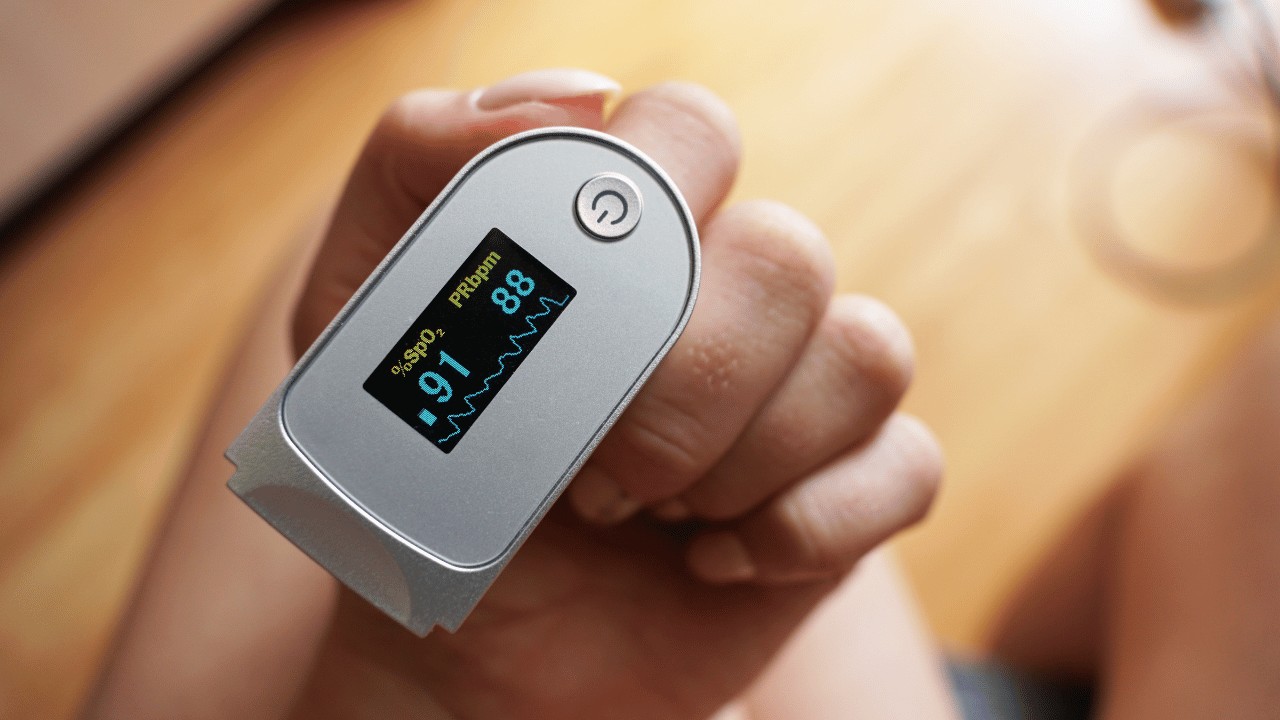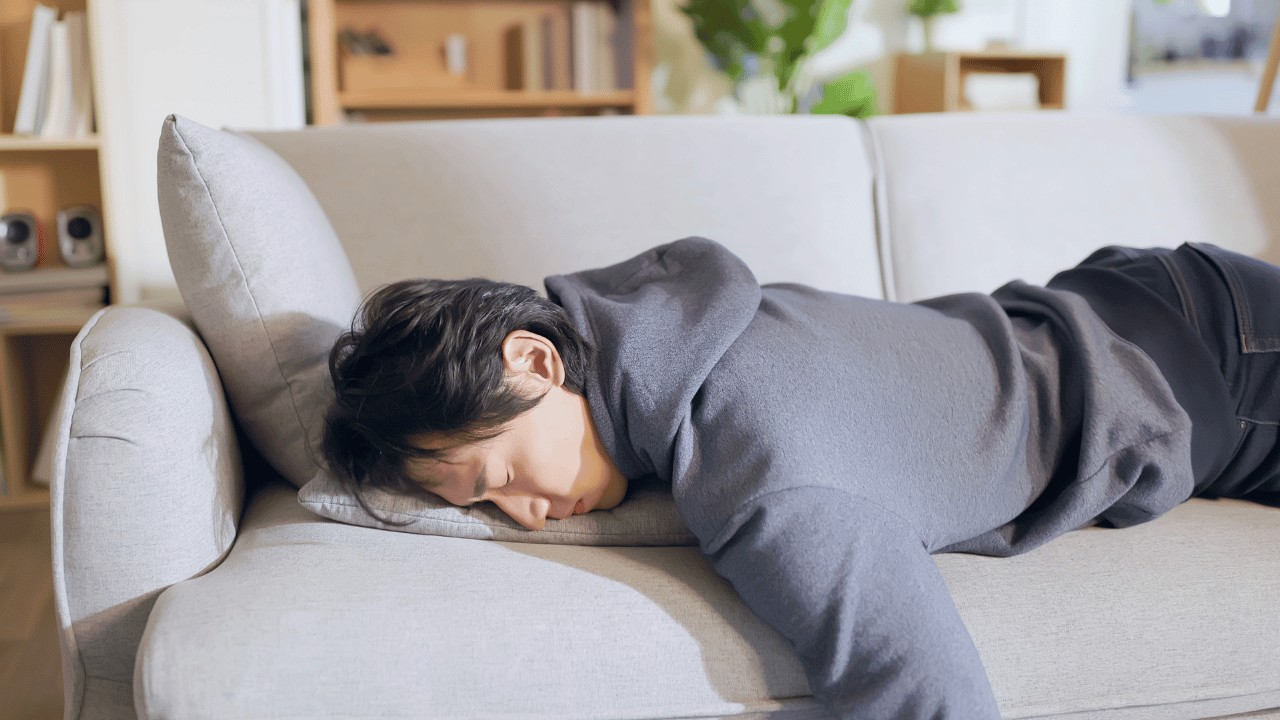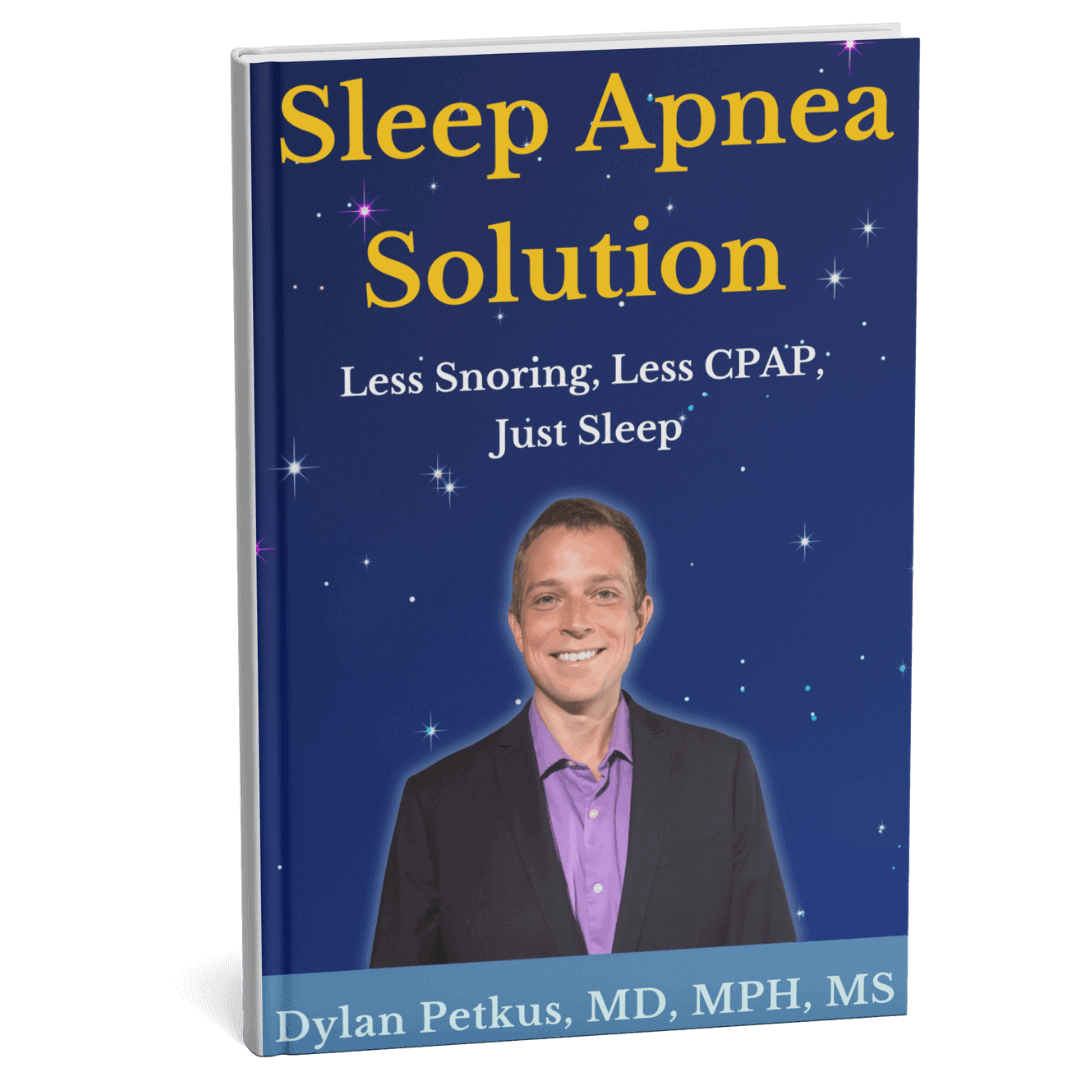Sleep apnea can increase your susceptibility to atrial fibrillation (AFib) through several factors like prolonged low levels of oxygen in your blood, increased pressure in your blood vessels, inflammations in your blood vessels, oxidative stress, etc.
Under normal circumstances, your heart responds to heartbeats by contracting and relaxing consistently. This changes when you have AFib because it causes the upper chambers of your heart, known as ‘atria,’ to beat irregularly.
So, what exactly causes AFib? Can sleep apnea cause AFib? In this article, we will answer these questions and tell you why you should consider the Dr. Dylan Petkus sleep apnea solution.
How Sleep Apnea Causes AFib
Here are the main ways sleep apnea can result in AFib.:
Low Levels of Blood Oxygen
When you have irregular heartbeats, the amount of blood pumped out of the upper chambers of your heart decreases, leaving pools of blood in the area. This can lead to serious heart problems, like heart failure and stroke.
Sleep apnea also causes repeated episodes of upper airway obstruction, resulting in recurring incidents of low blood oxygen. This triggers oxidative stress and increases the risk of damage in your heart.
This condition also causes your nervous system to respond with a flight-or-fight reaction, which increases your heart rate and blood pressure. The continuous stress on your heart can cause electrical inconsistencies and arrhythmias like AFib.

Imbalanced Nervous System Responses
As noted above, sleep apnea causes overactivity in your nervous system due to frequent awakenings from sleep. This leads to erratic heartbeats and an increased breathing rate, pushing your blood pressure and heart rate through the roof.
It can also cause parasympathetic withdrawal in your nervous system, which regulates your heart rhythm. The resulting imbalance between your sympathetic and parasympathetic systems leaves your heart susceptible to AFib.
Related Conditions
Many other medical conditions can coexist with sleep apnea, including depression and obesity, which increases the risk of AFib. Hypertension is another common condition that makes sleep apnea patients more vulnerable to AFib.
Stretched Upper Chambers of Your Heart
When you experience frequent sleep disruptions, attempting to breathe through your obstructed airways causes a negative pressure between your neck and abdomen, increasing the return of blood to your heart. This leaves your atrial walls stretched.
Over time, this excess pressure and stretching will cause structural changes in the upper chambers of your heart (atrial remodeling). This interrupts the normal electrical pathways and increases your risk of developing AFib.

Imbalance Between Free Radicals and Antioxidants
Sleep apnea causes your nervous system to produce inflammatory mediators, which can increase your susceptibility to AFib. This leads to an imbalance between free radicals and antioxidants, causing oxidative stress and systemic inflammation.
Recurring incidents of low oxygen in your blood and reoxygenation may increase oxidative stress and damage your heart tissues. This also increases your risk of developing AFib.
And can sleep apnea cause headaches? Yes–with reduced levels of oxygen and increased amounts of carbon dioxide in your blood, you may wake up with a headache.
Disrupted Sleep and Exhaustion
Sleep apnea causes frequent awakenings and patchy sleep that lead to chronic exhaustion and deteriorating health of your heart. Prolonged fatigue and poor sleep can result in other AFib risk factors‒like high blood pressure, obesity, and diabetes.

Closing Thoughts
By overcoming sleep apnea through natural interventions like lifestyle changes, exercising, and training, you can easily mitigate many of these risk factors for AFib. It will also lessen the severity of AFib.
You can learn more about enhancing natural sleeping mechanisms on Optimal Circadian Health. Our ebook, Sleep Apnea Solution by Dr. Dylan Petkus, teaches you methods of overcoming sleep apnea naturally, including breathing routines, dietary tips, and ideas on how to reset your nervous system before sleep!



